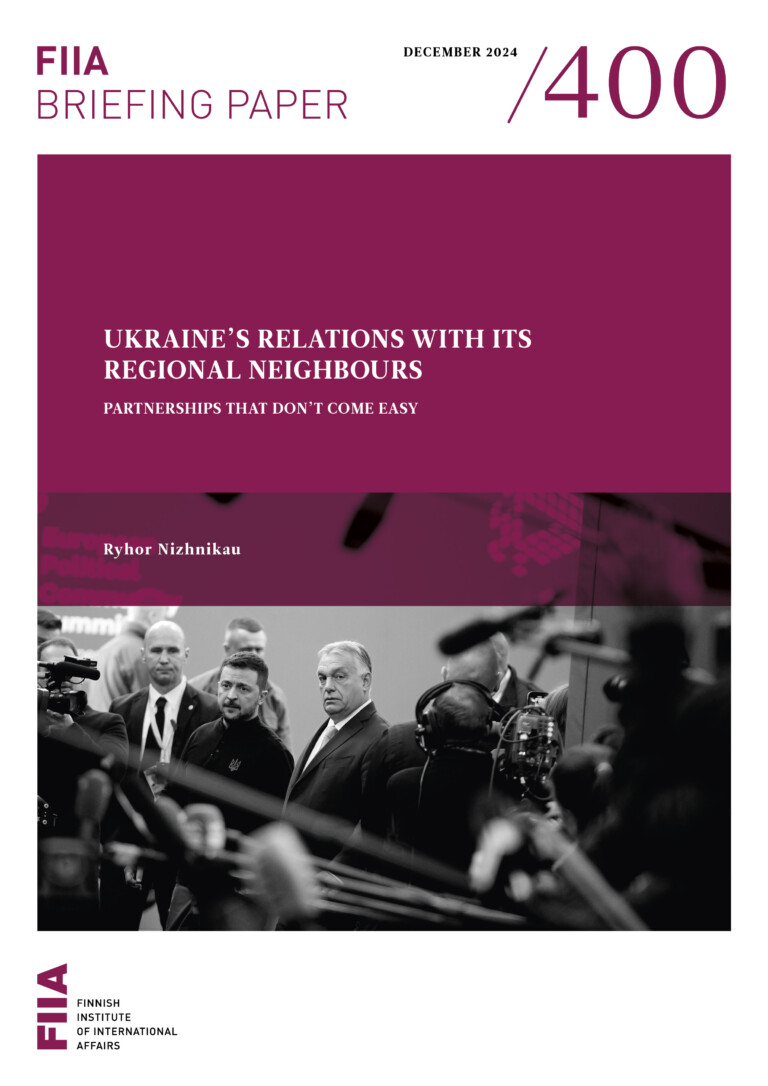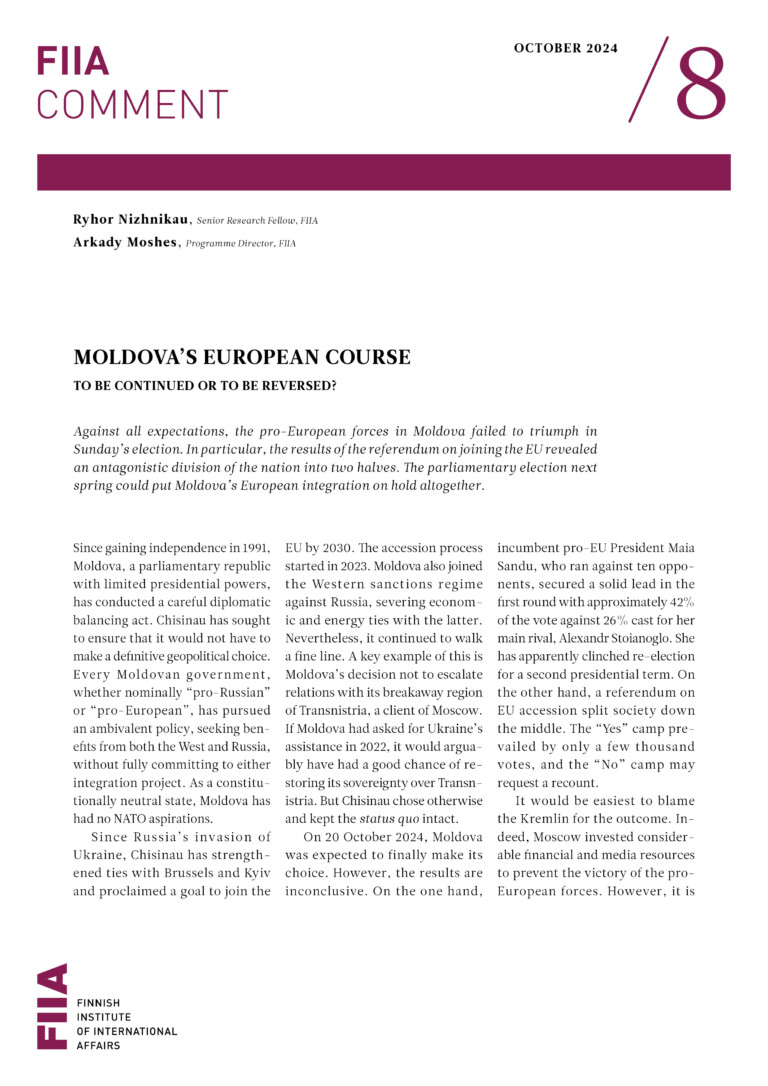In November 2009, the ‘Law on Amendments to the “Law on Defence”’ proposed by President Medvedev entered into force. It allows the Kremlin to dispatch troops outside Russia for four purposes: to counter armed attacks against Russian armed forces, other troops and bodies deployed beyond its borders; to counter or prevent an armed attack against another country if this country has requested Russia to do so; to protect Russian citizens abroad from an armed attack; and to combat piracy and guarantee the safety of shipping.
The law is an attempt to close the gap between Moscow’s strategic goals, primarily the establishment of its geopolitical dominance over the former Soviet republics, and Russia’s legislation, which restricted its ability to deploy armed forces beyond national borders. In effect, the amended legislation enables the Kremlin to deploy its armed forces abroad in a wide range of situations, precisely because of a lack of clear criteria.
The wording of ‘Medvedev’s amendments’ sheds light on some plans and scenarios that may be taking shape in Moscow. It is not beyond the realms of possibility that Russia may plan to ignite large-scale disturbances and ethnic clashes in Sevastopol or in Latvia and Estonia, which may be used as a pretext for Russian military intervention.
A Russo-Ukrainian conflict in Crimea would pose not so much a military as a political challenge for Europe and the West. Even though Ukraine does not belong to these organizations, if NATO and the EU failed to respond to Russian intervention in Crimea with strong political and economic measures, their strategic relevance would be seriously undermined. If NATO did not defend its member states in the Baltic, the strategic role of the Alliance would be reduced to zero.
The aforementioned scenarios fall into the worst-case category, yet there are numerous precedents in Russia’s history which demonstrate that worst-case scenarios can become reality. European dependence on Russian energy supplies and interest in Russia’s support in resolving the Iranian nuclear problem and the conflict in Afghanistan, as well as the Obama administration’s interest in Russia’s partnership in nuclear issues, constrain Western ability to respond. However, the West could and should make it quite clear that new Russia’s military interventions will result in the country’s political ostracization.
Furthermore, the West could propose and develop an internationally recognised mechanism regulating the most important aspects of humanitarian intervention. In particular, it should minimise the ability of individual states to make unilateral decisions to intervene militarily if the UN Security Council were unable to make firm decisions. Such mechanisms could be discussed and developed in the frameworks of the UN, the OSCE, the so-called Corfu process and similar international forums





